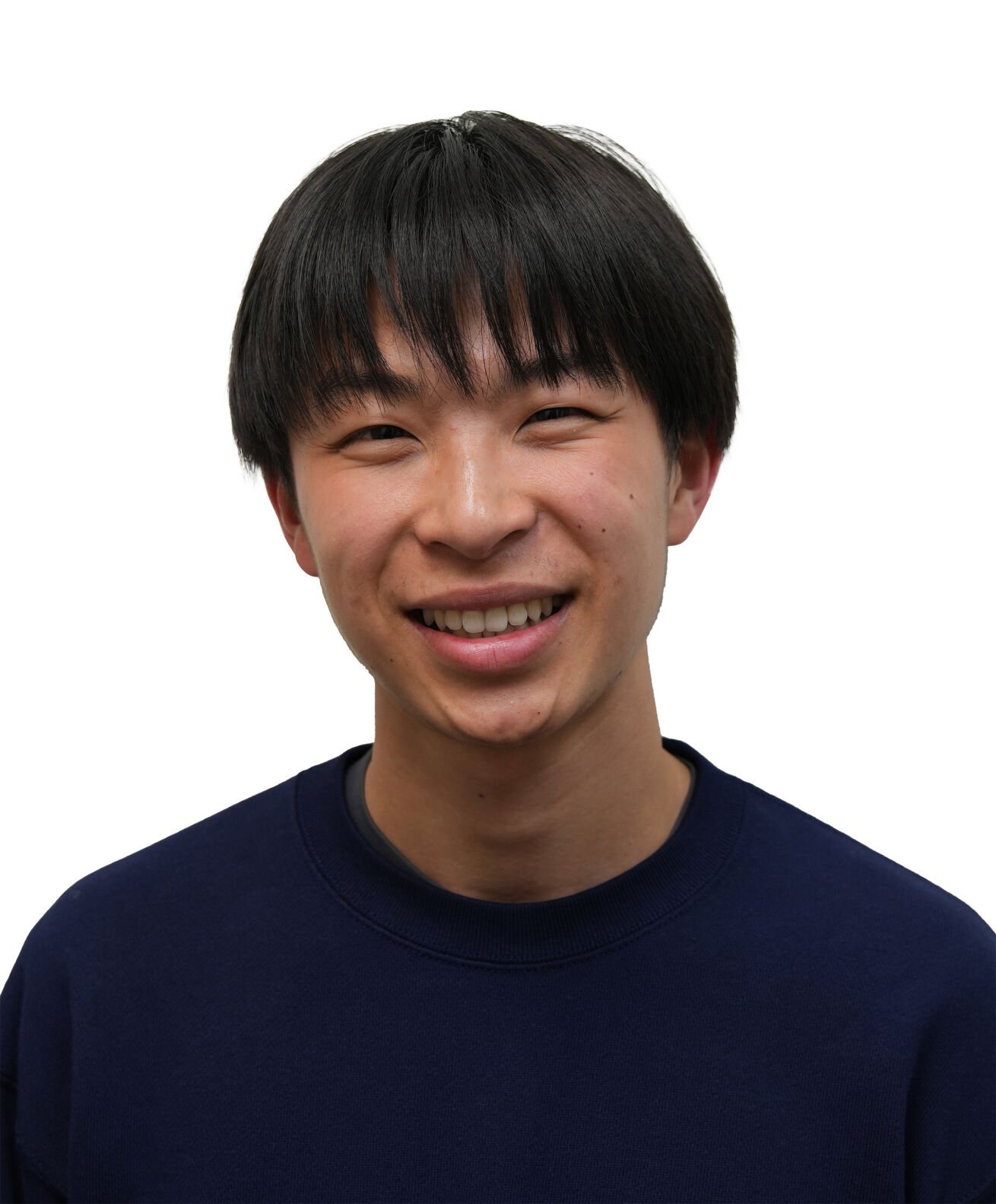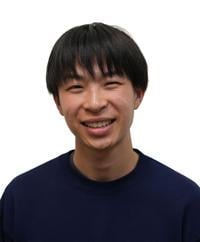Last weekend, as part of my job as a UC Berkeley campus ambassador, I shadowed a Mandarin campus tour in preparation for giving a Mandarin tour myself for Cal Day. There were six shadows on the tour, and as the tour went on, I took note of our demographics. Two were from Southern California, two were from mainland China and one was from Taiwan. And then there was me, the only Mandarin-speaking ambassador from the Bay Area. Something didn’t sit right with me, but I couldn’t put my finger on what it was.
The next day, I watched my celebrity crush, Paige Bueckers, cap off a legendary collegiate career by winning the NCAA championship with the UConn Huskies. Hoisting that trophy alongside Bueckers was another fixture in the Huskies’ starting lineup: Kaitlyn Chen. A transfer from Princeton University, Chen started all 36 games she played in during UConn’s 2024-25 season and averaged 23.6 minutes per game — NCAA women’s basketball games are 40 minutes long; that is, she was an integral part of head coach Geno Auriemma’s rotation. For Chen to represent Asian Americans on collegiate women’s basketball’s biggest stage — and win — is truly remarkable. But the je ne sais quoi that had been simmering in my mind suddenly seemed a little clearer. I immediately looked up what Chen’s family background was. Chen was born to Taiwanese immigrants in San Marino, California.
Something clicked, and I immediately dug into the history of other famous Chinese-speaking athletes. I first started with other basketball players, notably Jeremy Lin and Yao Ming. Lin was born to Taiwanese immigrant parents and raised in Palo Alto. Yao was born and raised in mainland China, and didn’t come to the United States until he was drafted by the NBA’s Houston Rockets.
I kept looking, this time at the figure skaters on the 2022 U.S. Olympic Figure Skating Team. Nathan Chen: born to Chinese immigrant parents, but from Salt Lake City, Utah. Karen Chen: from Fremont, California, but born to Taiwanese immigrant parents.
There it was! Not a single one of the athletes I mentioned were both raised in the Bay Area and born to parents from mainland China. I immediately went back through the entire campus ambassador roster, wondering if this nuanced pattern held true. And it did: If there were to be a Venn diagram with one circle labeled “family from mainland China” and the other circle labeled “raised in the Bay Area,” there would be one ambassador in it: me.
This made no sense to me. Like I’ve discussed in other columns, many Asian students from the Bay Area love computer science. UC Berkeley’s undergraduate computer science programs are top-notch and renowned around the world. Many Bay Area high school students spend their high school careers drooling over UC Berkeley, and some of them get in! Why did none of them want to become campus ambassadors?
This feeds into a negative stereotype about Asian students that I’ve often heard: that Asian students tend to be introverted and more low-profile than their peers. But that wasn’t quite it either: There were Asian American campus ambassadors at UC Berkeley from the Bay Area, and there are Asian Americans representing us on some of sports’ biggest stages, such as the NCAA championships, the NBA and the Olympic Games. It’s just that none of these people were raised by families originally from mainland China.
I’m aware of counterexamples, such as Vincent Zhou and Eileen Gu. Zhou was born in San Jose, California, and his parents worked tech jobs, just like many other Asian immigrant parents. However, Zhou moved to Colorado Springs for a few years. Gu, although biracial, was raised by a single Chinese mother. But Gu’s mother was a ski instructor — an indicator that they were likely a wealthy family with more privilege than the typical Bay Area immigrant family.
I’m still grappling with this incredibly profound nuance. I can’t excuse this huge gap in demographics by the Bay Area’s nurturing of people majoring in computer science, and I can’t pin it on Asian immigrant parents placing academic achievement and a stable tech job above all else, either. But to accuse an entire group of people of being less inclined to participate in high-visibility environments just based on their country of origin is just plain wrong.
I have a few preliminary theories and thoughts about what could be causing this disparity. First off, mainland China is a lot less westernized than its other Chinese-speaking counterparts, such as Taiwan and Hong Kong. For instance, potential Olympians in mainland China are identified at an early age and sent to special sport schools that train them to be ready to win medals in future Olympics, unlike the West, where future Olympians naturally pick up a sport, such as Simone Biles’ story of discovering gymnastics on a day care field trip and subsequently being sent home with a note “suggesting” that she enroll in gymnastics classes. In addition, the nature of differing governing structures has made areas like Taiwan more prone to Western influence, which can influence how immigrant parents choose to raise their children. But this idea isn’t perfect: What about the campus ambassadors who do have mainland Chinese ties but are from Southern California?
That leads me to my second theory. I think that something in the Bay Area’s culture subconsciously discourages Asian students from being outward-facing, extroverted individuals. Perhaps it is the constant cutthroat competition concerning college applications that compels students to keep quiet about their successes, in the hopes that others won’t try to sabotage them or prey on their downfall. Yet, this idea isn’t foolproof either — what about the Asian students who are from the Bay Area but just aren’t from mainland China?
I think the correct answer falls somewhere in between these two theories, along with many other factors that I haven’t yet considered. As I give tours, I am keenly aware that many of the local prospective students on my tours may identify with my background as an Asian STEM student from the Bay Area but are probably less inclined to do what I do as an ambassador. Having an understanding of that fuels me and makes me want to give a good tour so I can show them — and myself — that Chinese people can be just as outgoing, confident and well-spoken as anyone.



